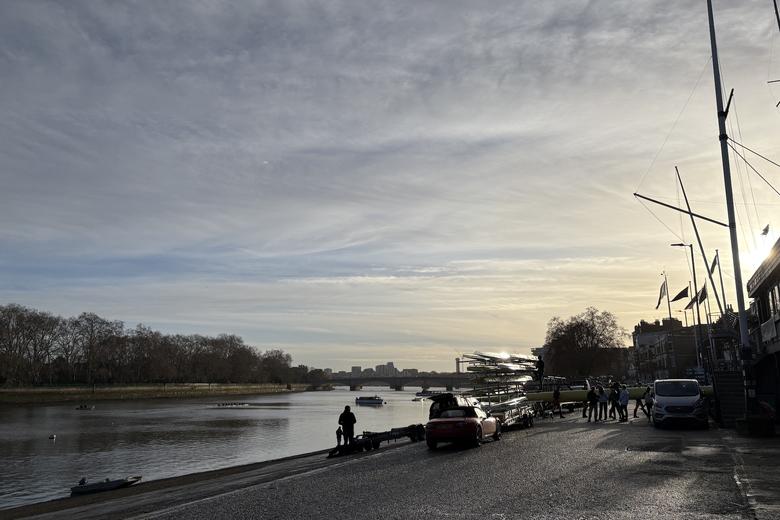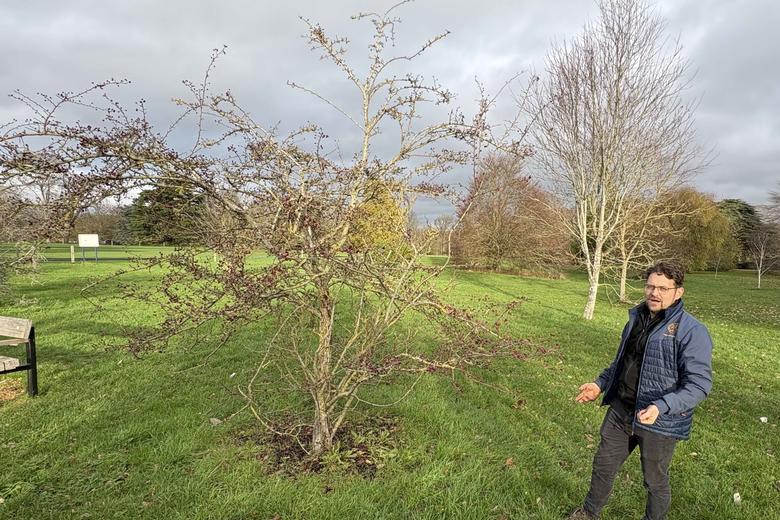WHAT MAKES A GREAT LITERARY FESTIVAL?

WHAT MAKES A GREAT LITERARY FESTIVAL?
UK Literary Festivals
Published: 10 January 2018
Author: Samantha Knights
Share this article
With winter celebrations behind us and the new year stretching before us it seems a good time to take stock of our literary festival landscape. The UK is home to an ever-increasing number of such events, most of which are held on dates between March and November. New festivals emerge each year. 2017 alone saw the inaugural Cliveden Literary Festival set in the grand surroundings of the infamous estate; the DIVA Literary Festival celebrating women’s writing and performance, and Kilkenny International Literary Festival.

Shute Wood, East Devon
Credit: Samantha Knights and Shute Festival of Literature and Landscape
The offering overall is nothing if not diverse in terms of size and focus. Giants such as Oxford Literary Festival in March (*details below), Hay Festival in May, Edinburgh International Book Festival in August and Cheltenham Literature Festival in October (the country’s oldest – established in 1949) boast hundreds of events and attract thousands of people.
Other festivals concentrate on a single writer such as the Agatha Christie, William Wordsworth or Dylan Thomas. Still others focus on themes such as Stratford-upon-Avon Poetry Festival, the Garden Museum Literary Festival or Harrogate Crime Writing Festival. Then, for those who prefer a more intimate affair, there are no shortage of number of smaller festivals in beautiful settings including Wigtown Book Festival on the Scottish coast, Chagword Literary Festival in Dartmoor, and Penarth Literature Festival in Wales.
So what makes a good festival? A starting point must surely be a line-up of excellent speakers with something different to say and the ability to provoke thought and stimulate ideas and debate. It is no good just having a great book. Arts students may recall days at university when they attended certain lectures and wondered why they hadn’t stayed in bed on a cold, wet winter day and just ‘read the book’ instead. Most festivals only give speakers between 30-40 minutes to speak so performance and delivery are of the essence.

Sam Knights and Paddy Magrane
Credit: Samantha Knights and Shute Festival of Literature and Landscape
Impeccable administration, a comfortable and accessible venue with parking and transport links, good tea, coffee and food must also come high up the list —boring as they sound. But how nice to attend a festival and find home cooked catering and local produce. At Shute Festival of Literature and Landscape in East Devon, of which I am co-director with Paddy Magrane (pictured, left), our coffee is roasted within a mile of the venue, and even the wine locally produced. We have a different local caterer producing home cooked lunches on each day. Harder to create but critical is the atmosphere. How do you create a buzz? Some festivals have events that stretch over a couple of weeks or more with talks spread across different locations and times. There will not always be a festival ‘vibe’ as such, in that type of situation. Others such as Hay, Wigtown and Cliveden are more campus affairs hoping to attract people for a whole weekend and multiple events. For this writer the latter model is definitely the favoured option. Part of the fun of the festival is surely meeting up with friends, bumping into acquaintances and even better striking up conversations with new people with a shared interest. New friendships get forged.

Bijan Omrani
Credit: Samantha Knights and Shute Festival of Literature and Landscape
These ‘campus’ festivals also encourage people to spontaneously attend events that they might have otherwise overlooked, especially if there is a single price ticket allowing total access. I recently went to my first poetry event in decades at Shute Festival. I was bowled over by the power of the words on an autumnal Saturday morning and have re-engaged with long-forgotten verse since. My Christmas presents to family and god-children this year largely consisted of (hopefully) age appropriate poetry books including those of Kate Tempest, Benjamin Zephaniah and Annie Freud.

Shute, East Devon. Beautiful settings help to set the scene for a successful literary festival.
Credit: Samantha Knights and Shute Festival of Literature and Landscape
Consideration of what makes a good festival will differ somewhat according to whether you are a speaker, an organizer, a volunteer or a ticket purchaser. Robert Twigger (Balliol), friend, writer and speaker at the inaugural Shute Festival in 2016, shared his thoughts on the subject as both speaker and visitor. They included a green room (for speakers) with excellent wine and food; being paid promptly and without officiousness; and having a few writers from Iceland or Moldova whom no one has heard of!

Samantha Knights
Credit: Samantha Knights and Shute Festival of Literature and Landscape
The desirability of diversity returns as a constant theme both in terms of subject matter and speakers. Some festivals are much more gender and ethnically diverse than others. The Bradford Literature Festival is outstanding in this regard. No one wants tokenism but surely it must be critical to have what Tanya Bruce-Lockhart, director of Bridport Literary Festival describes as an ‘eclectic cast of writers talking on a myriad of subjects.’
Images c/o Samantha Knights and Shute Festival of Literature and Landscape
*This year’s Oxford Literary Festival will be held between March 17-27.
Shute Festival of Literature and Landscape was founded in 2016 by local residents Samantha Knights (Somerville, 1990), Paddy Magrane and Bijan Omrani (Lincoln, 1998). It spans a long weekend in late September and aims to provide world class speakers in a beautiful setting in East Devon, premised on strong involvement with the local community through outreach events at the local primary school and local catering suppliers and volunteers. This year’s Shute Festival will be 28-30 September 2018 and the line-up of speakers will shortly be announced on the website.
Samantha Knights read Modern History (Somerville 1990), worked as a journalist in Eastern Europe on graduation and then read for the Bar. She is a member of Matrix and specialises in public law, refugee law and civil liberties and is Visiting Professor at the University of Miami. She will be appointed Queen’s Counsel in February 2018. She is author of Freedom of Religion, Minorities and the Law (OUP 2007) and working on a forthcoming publication Religion and the Law (OUP) to be published in 2019.















